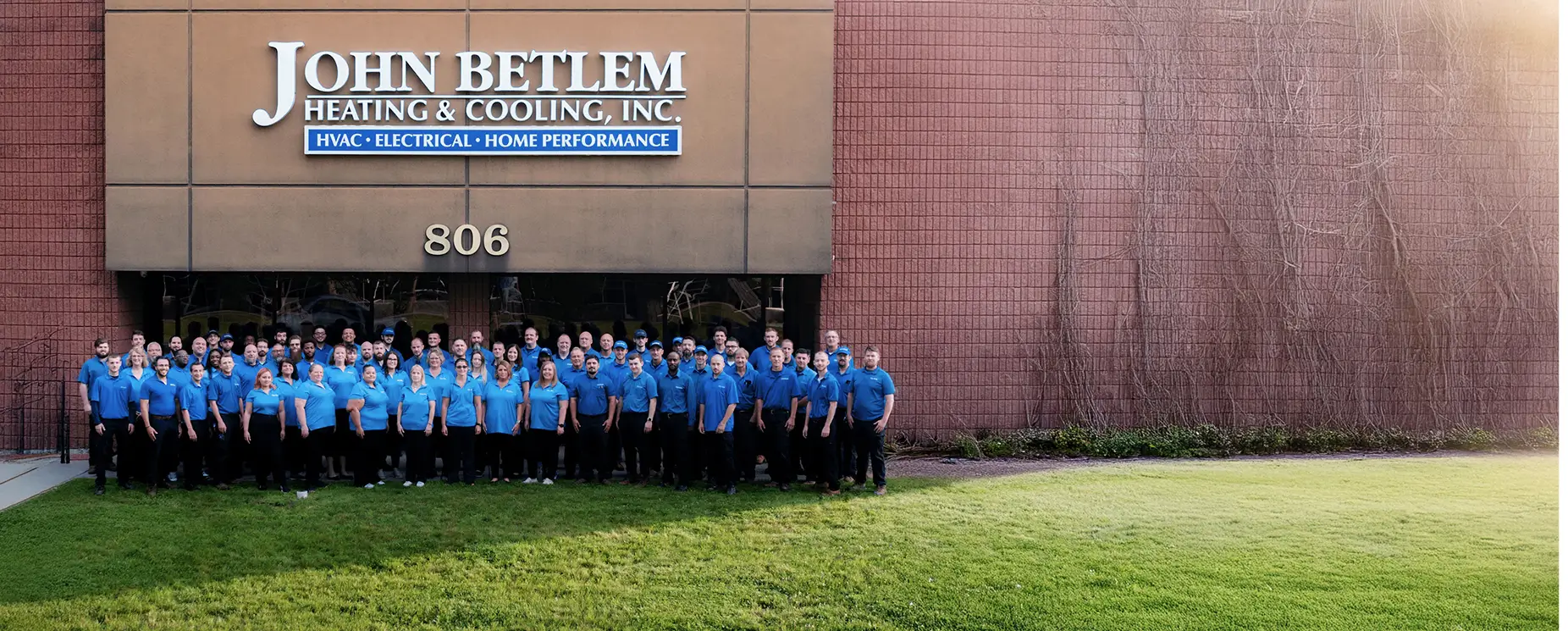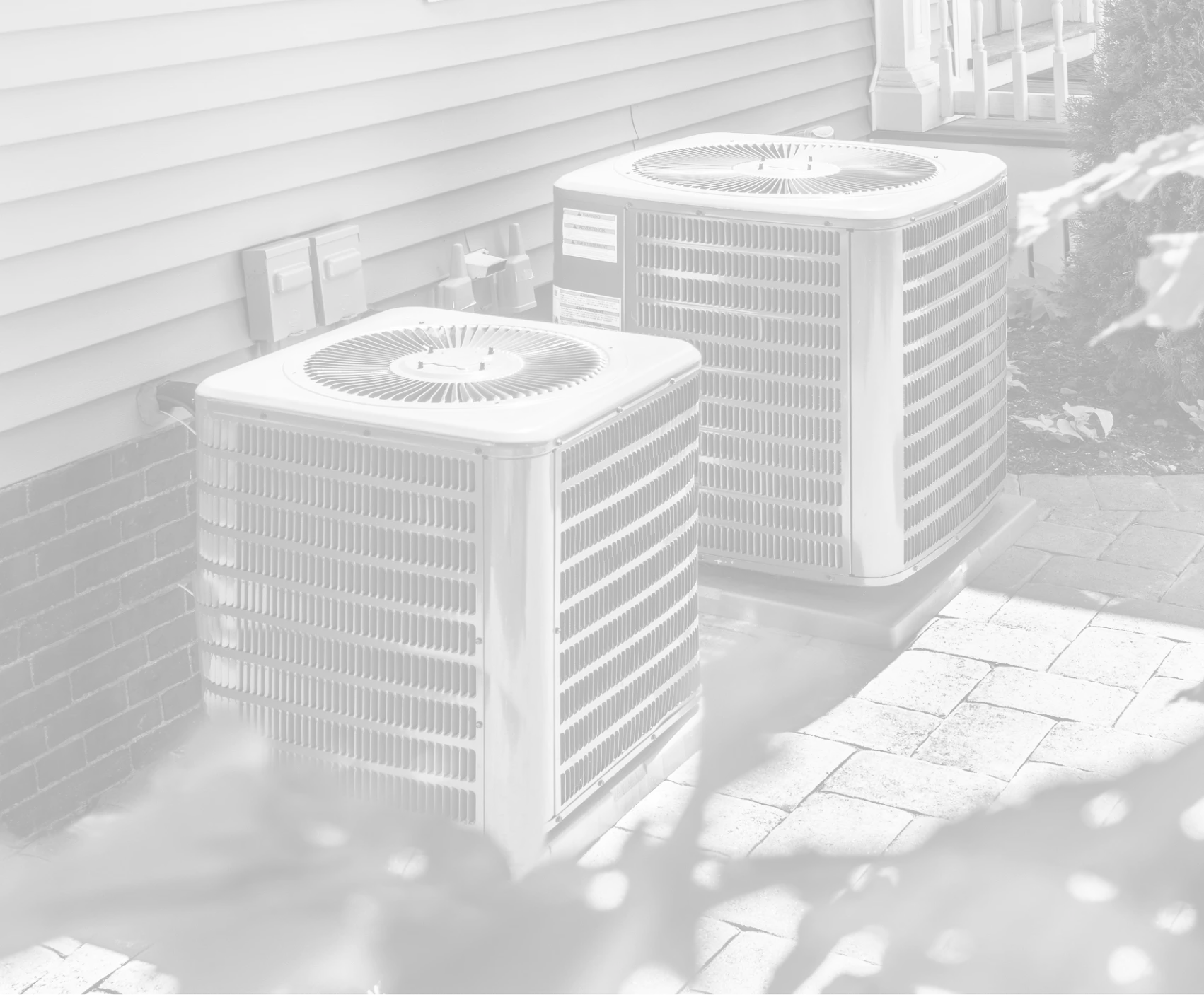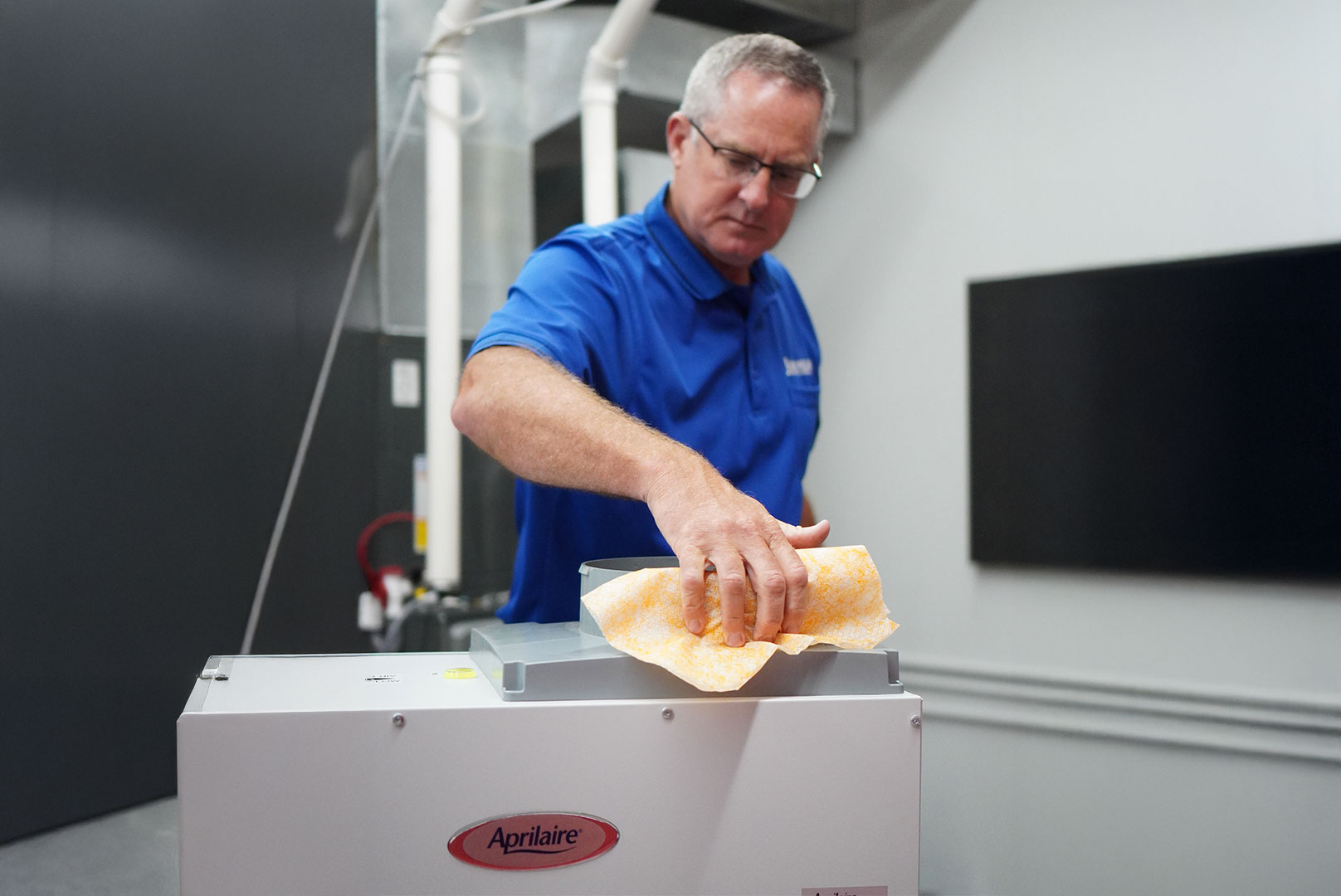Homeowners should care about their indoor air quality because it has a significant impact on both their health and their home's overall well-being. Poor air quality can lead to a variety of health issues, ranging from minor irritations like sneezing and coughing to more serious conditions such as asthma, heart disease, and cancer. In addition to health risks, inadequate ventilation and the accumulation of pollutants can lead to reduced comfort, increased energy costs, and even long-term damage to the property. By improving air quality, homeowners not only safeguard their health but also enhance their living environment and protect their home’s value.
Schedule OnlineKey Reasons to Care About Indoor Air Quality:
- Health Impacts: Poor IAQ can cause a range of health issues, from allergies and respiratory problems to more severe conditions like asthma, bronchitis, or even heart disease. Pollutants like mold, dust, pet dander, and volatile organic compounds (VOCs) can aggravate existing health conditions and contribute to new ones.
- Toxic Pollutants: Indoor air can contain harmful substances such as radon, formaldehyde, and carbon monoxide. These are often undetected without proper testing but can have long-term effects on health, including cancer, neurological issues, and poisoning in extreme cases.
- Poor Sleep Quality: Airborne allergens or pollutants can disrupt sleep, leading to symptoms like congestion, coughing, or discomfort. Poor sleep can, in turn, impact overall well-being, cognitive function, and mood.
- Reduced Air Circulation: Homes that are tightly sealed to conserve energy can trap indoor air pollutants. Without proper ventilation, there is often insufficient exchange of indoor air with fresh outdoor air, leading to a buildup of harmful particles.
- Impact on Children and Pets: Children, the elderly, and pets are particularly vulnerable to poor IAQ. Their developing bodies or smaller size make them more susceptible to airborne toxins and allergens.
- Energy Efficiency and Comfort: Improving indoor air quality often coincides with better ventilation and filtration systems, which can also increase energy efficiency. A well-ventilated home is not only healthier but also more comfortable and energy-efficient.
- Home Value and Resale: Homes with poor IAQ can suffer from musty odors, mold problems, or damage to walls and furniture due to humidity or pollutants. This can lower the overall value of the property and make it more difficult to sell.
By being proactive about improving indoor air quality, homeowners can safeguard their health, protect the value of their property, and enjoy a more comfortable and sustainable living environment.
Schedule OnlineOur IAQ Services:
Home Energy Upgrades
Interested in Financing?

The John Betlem Difference
What Our Customers Are SAying








